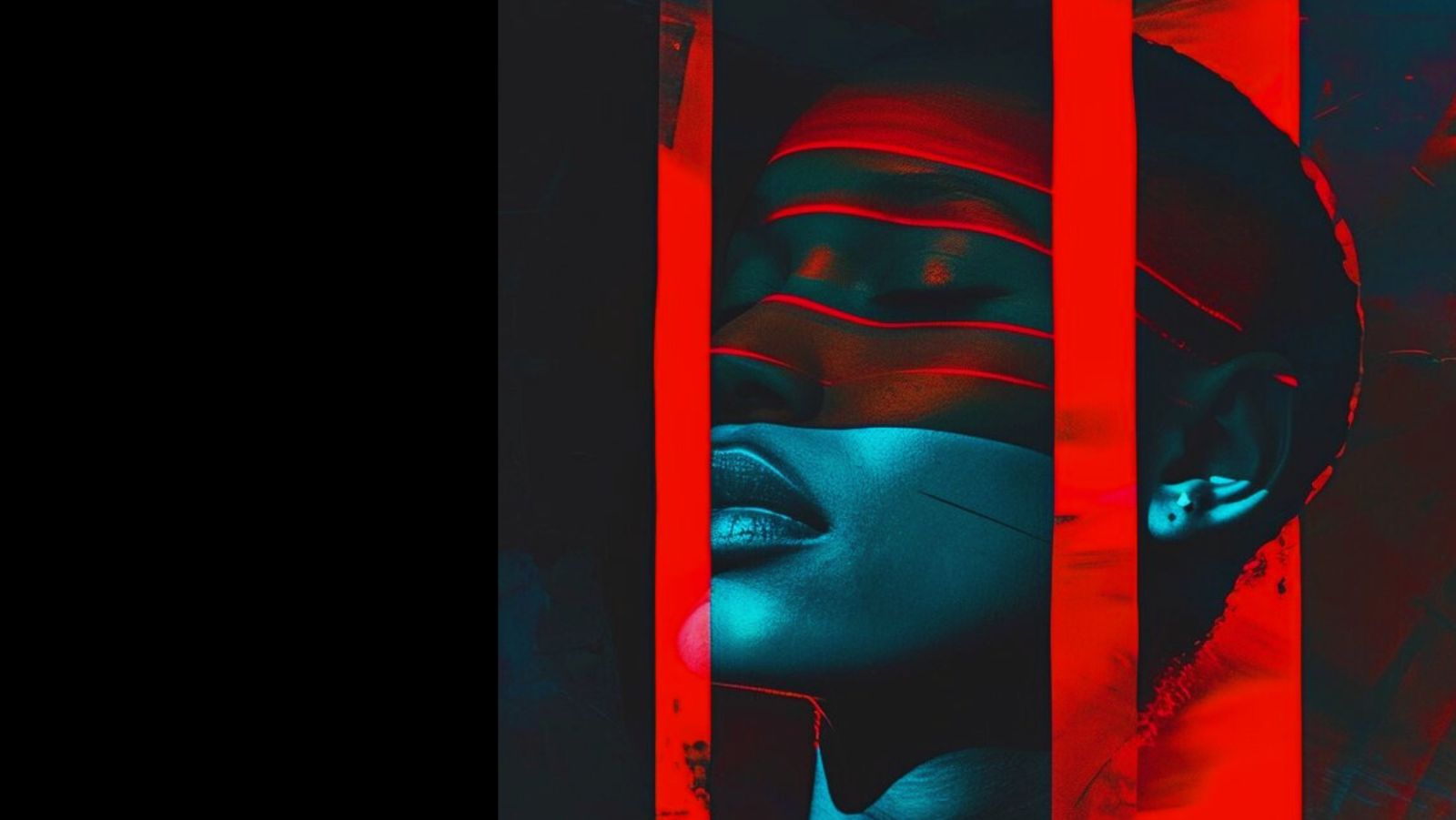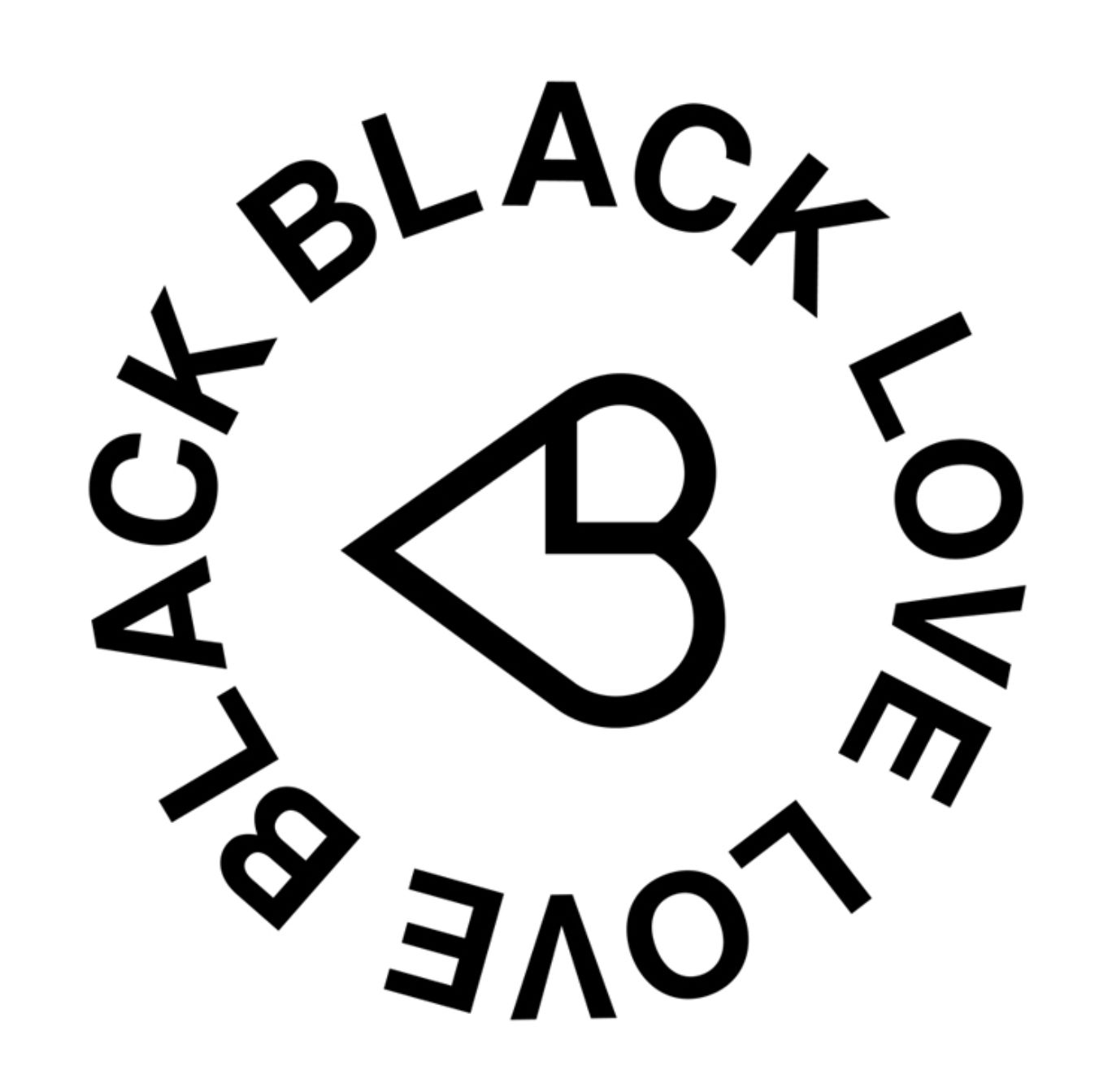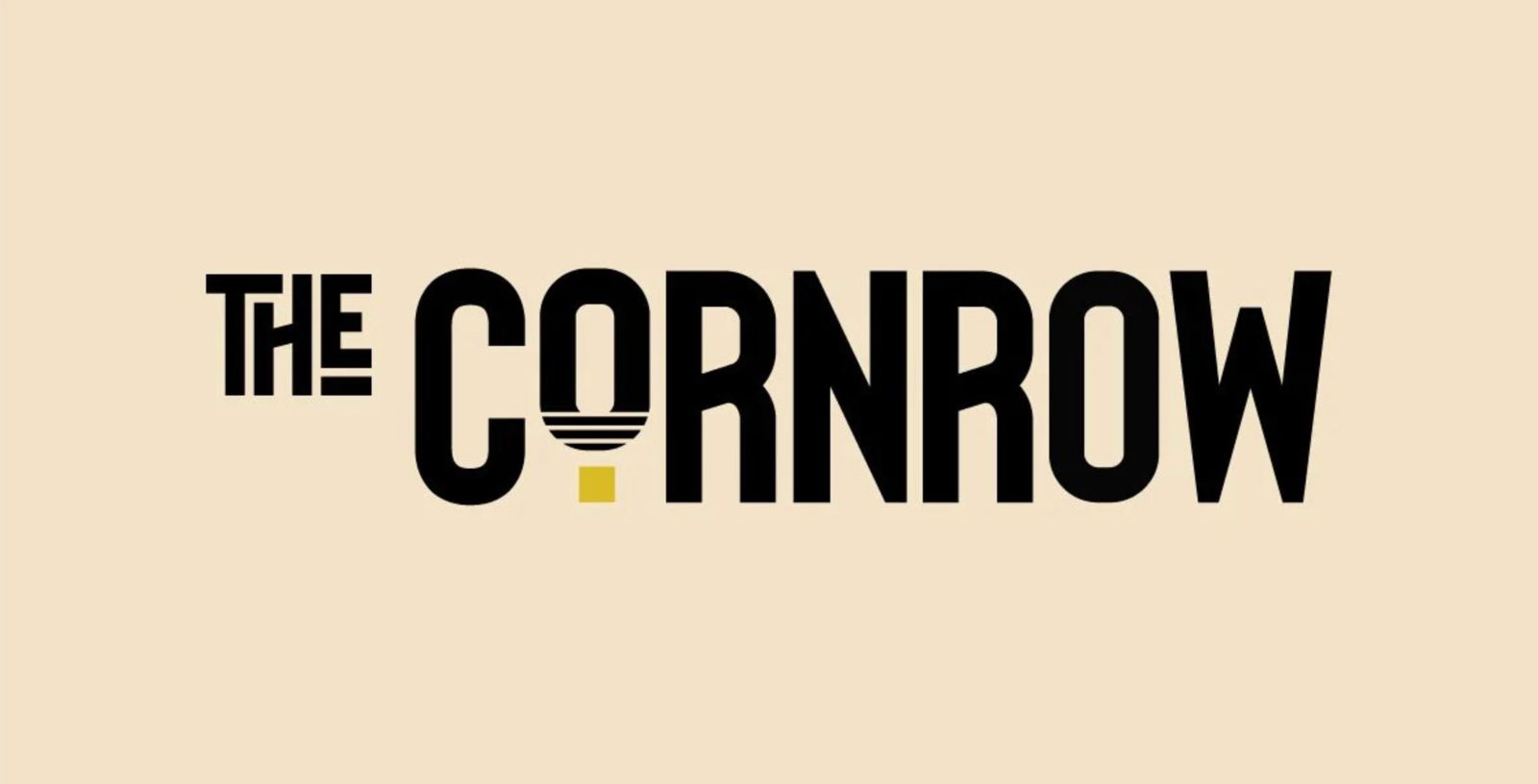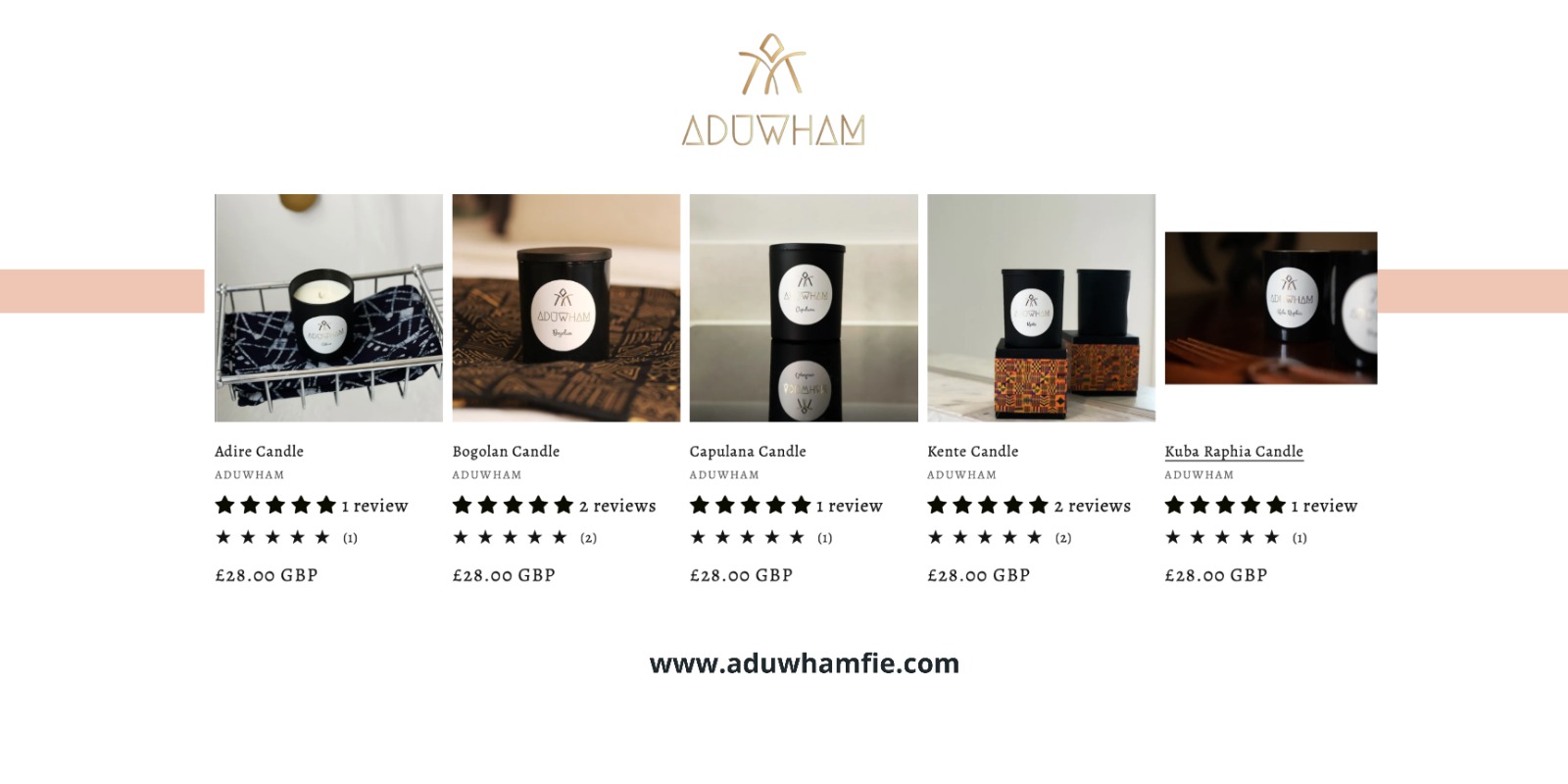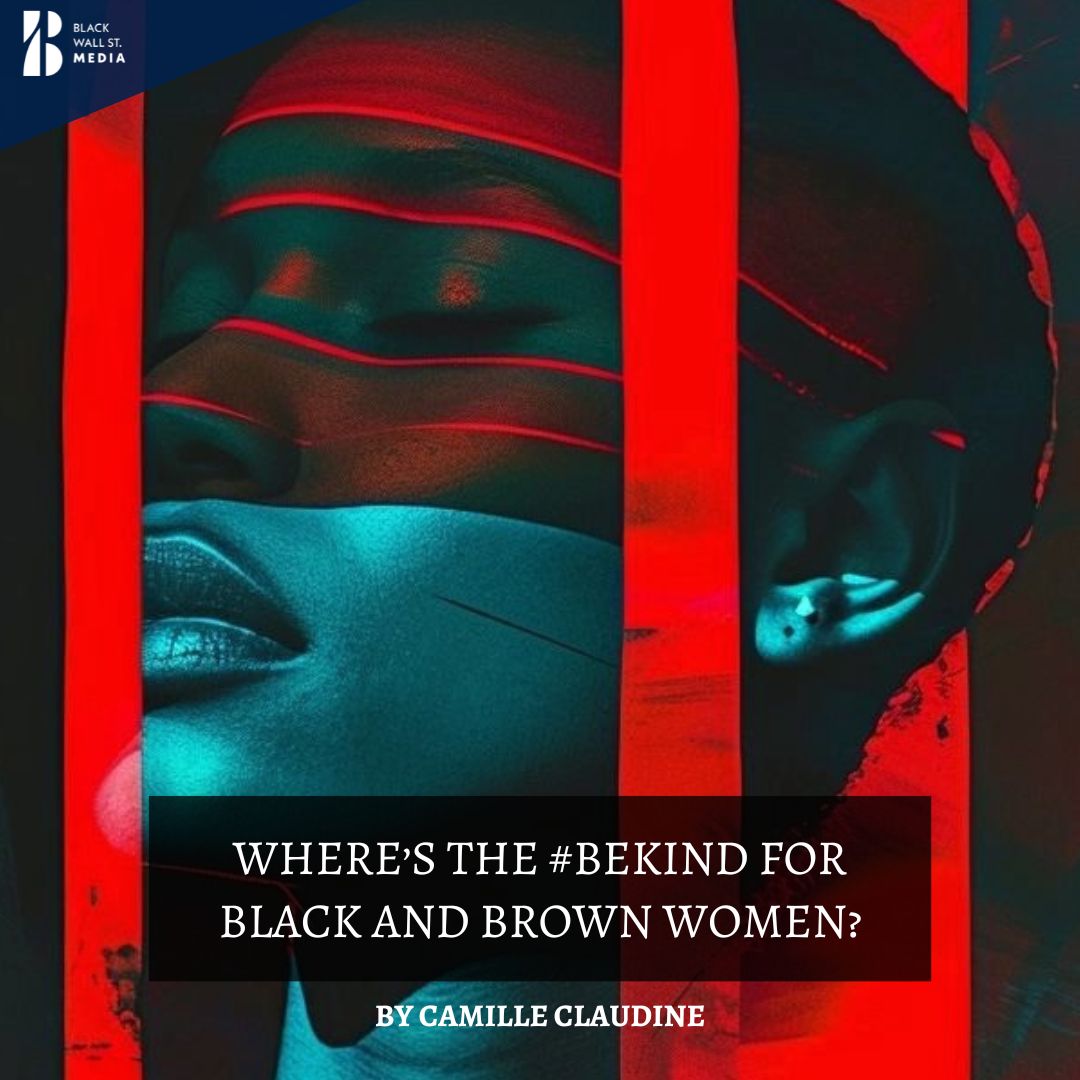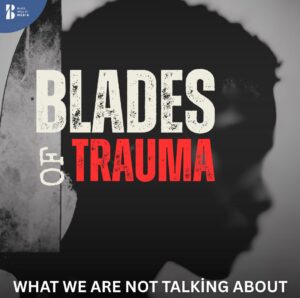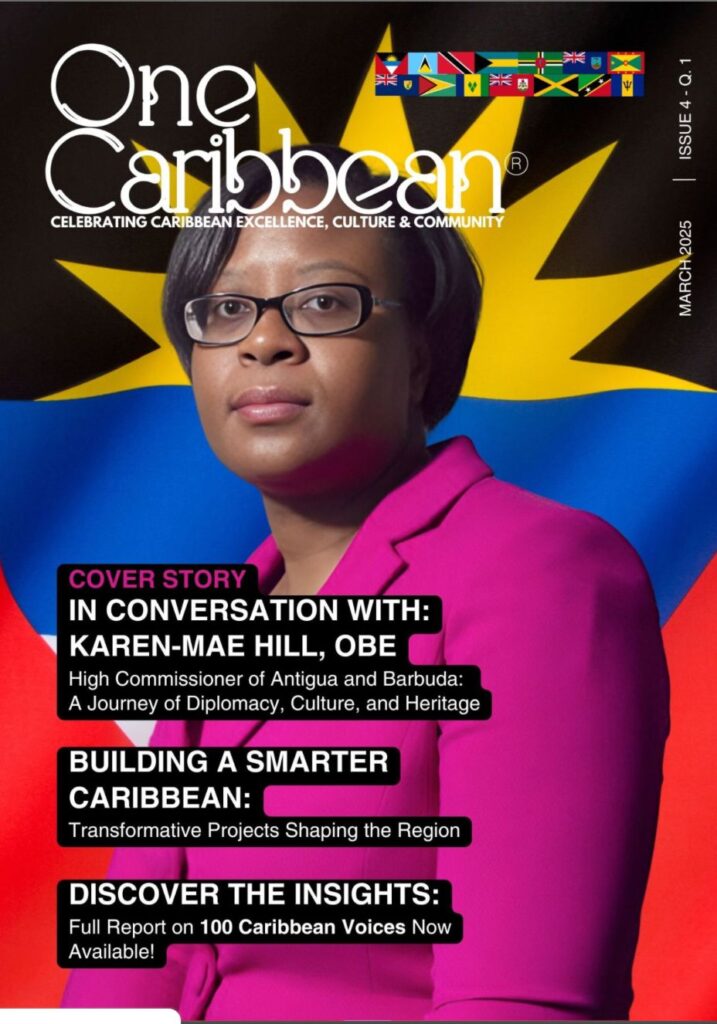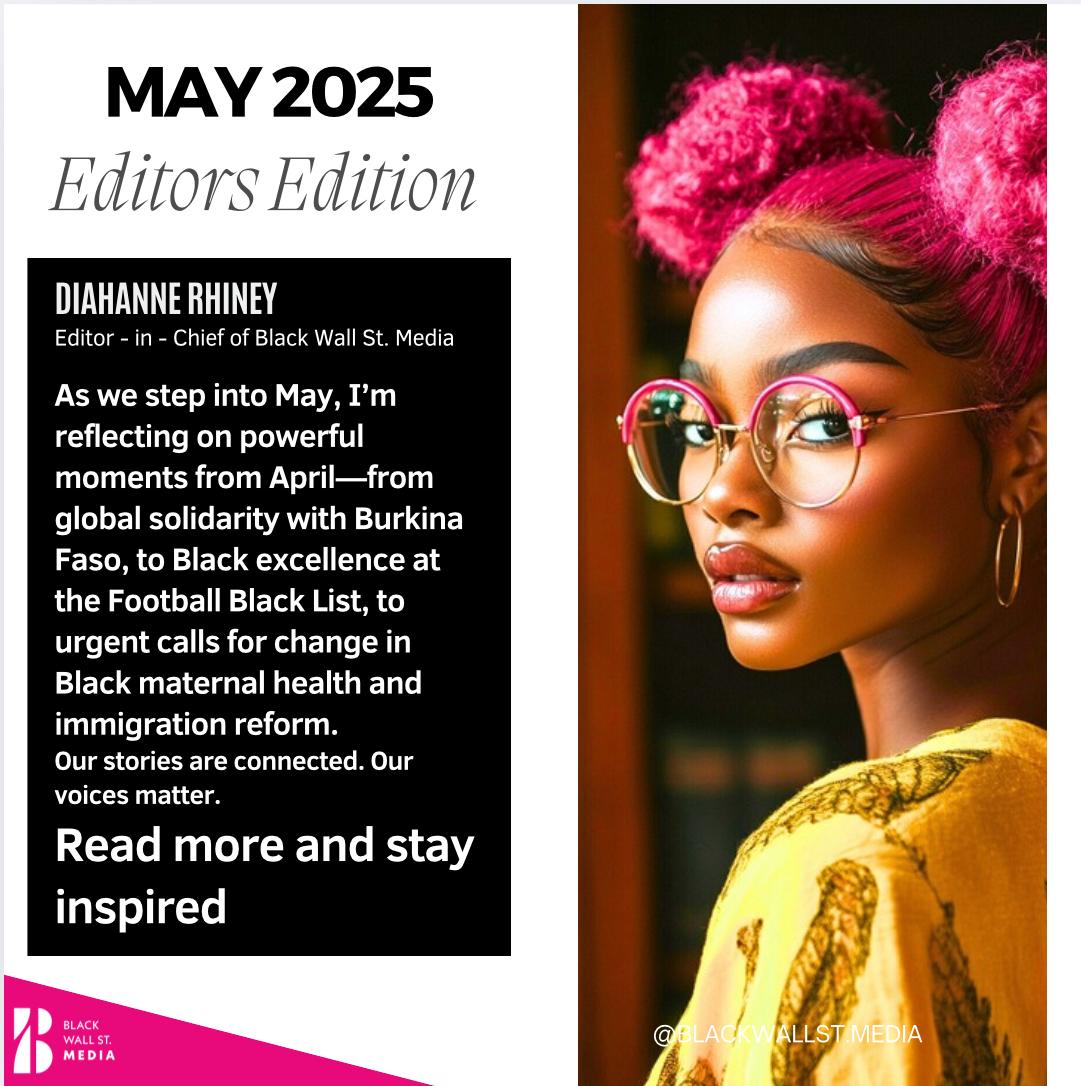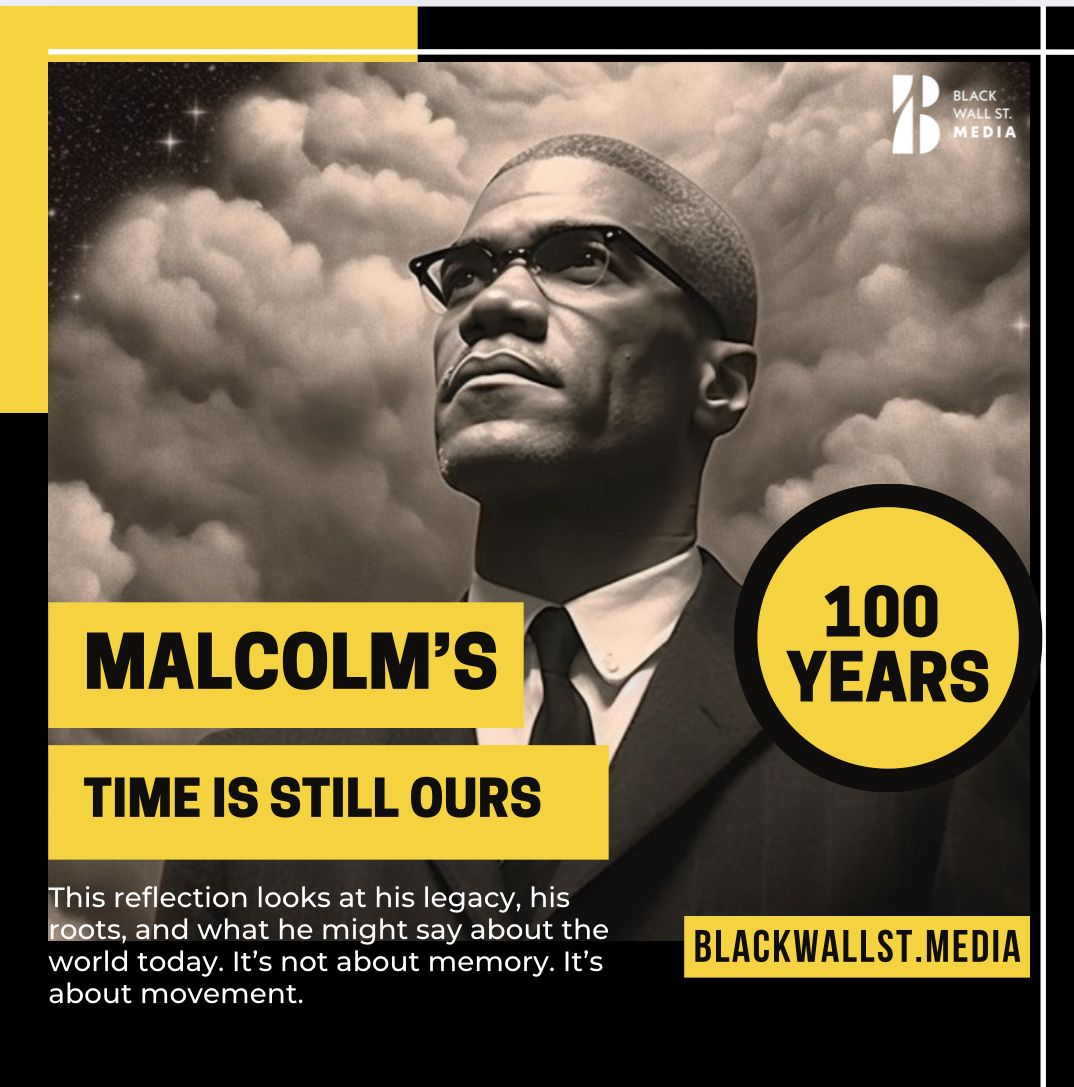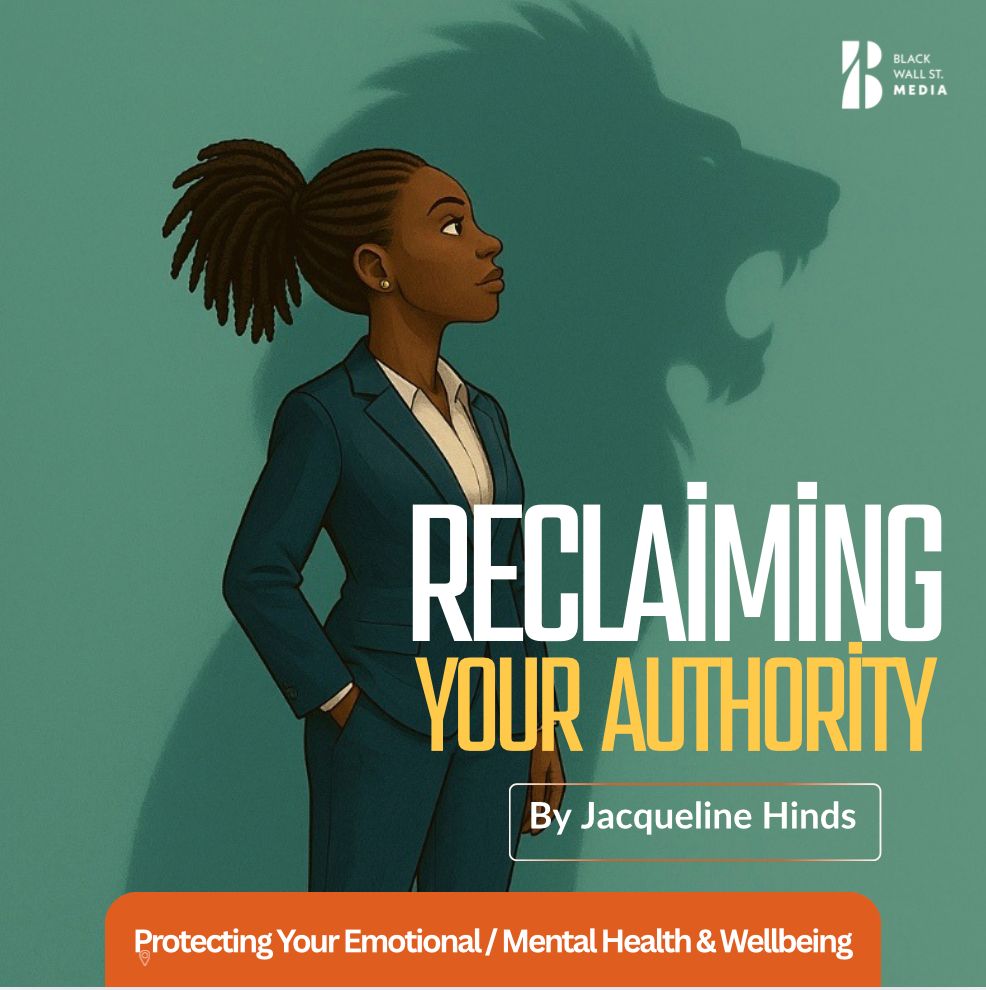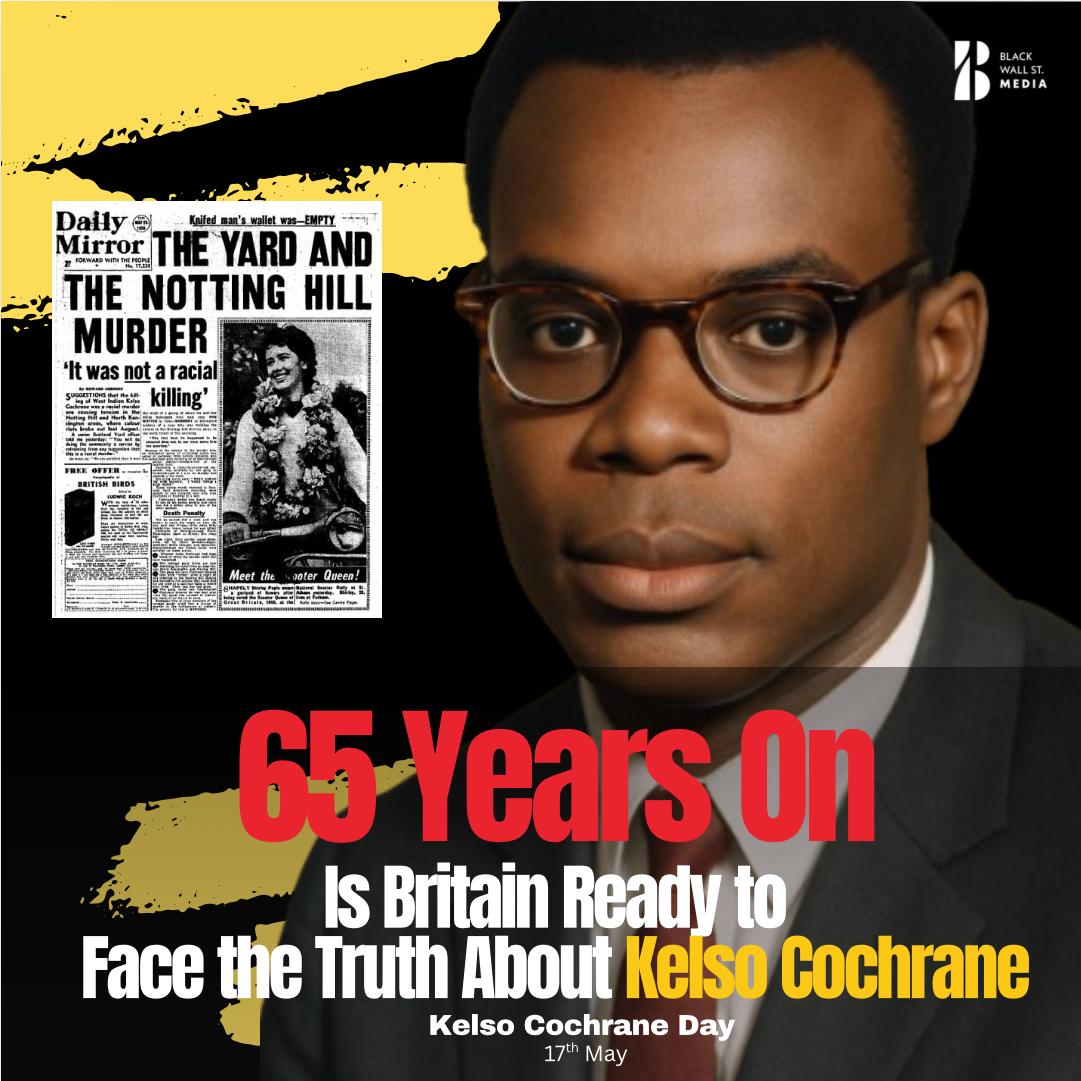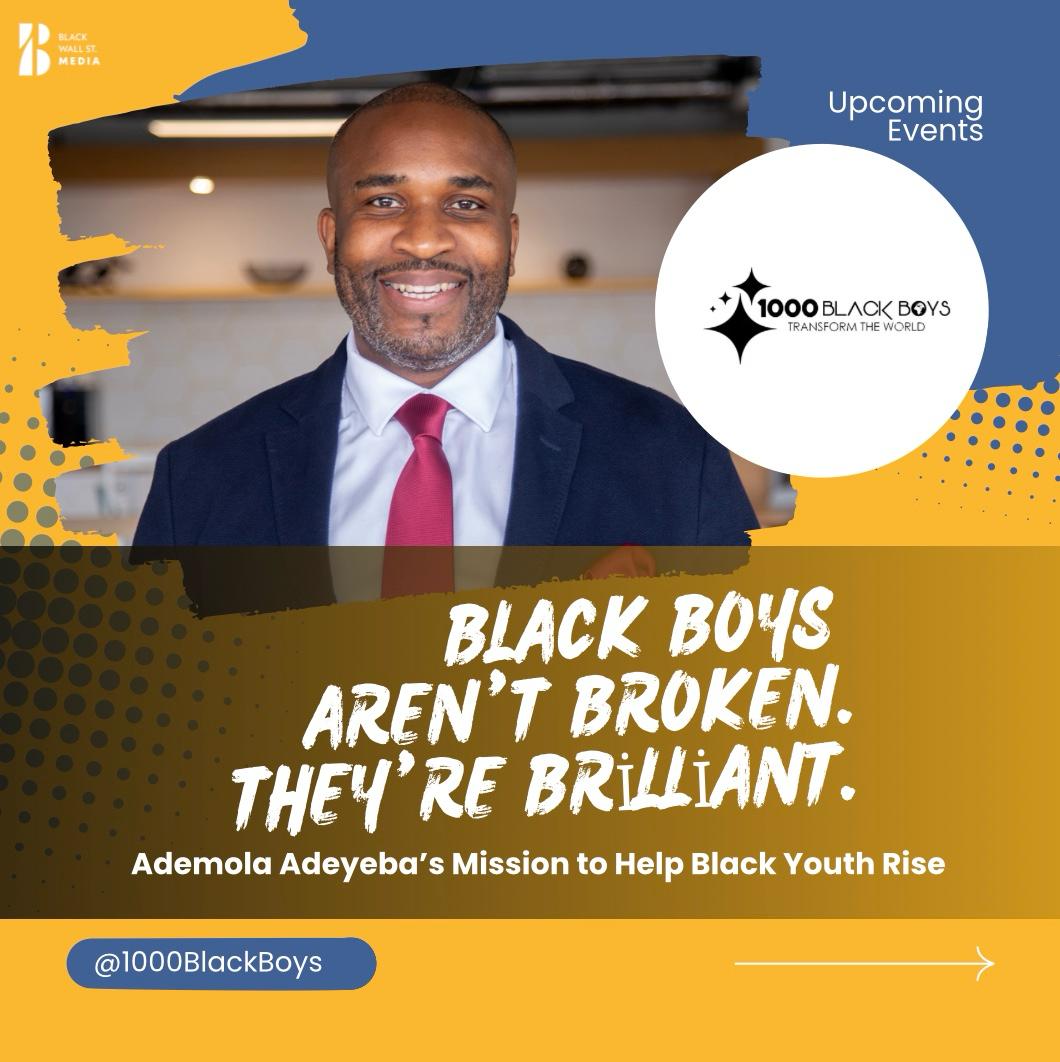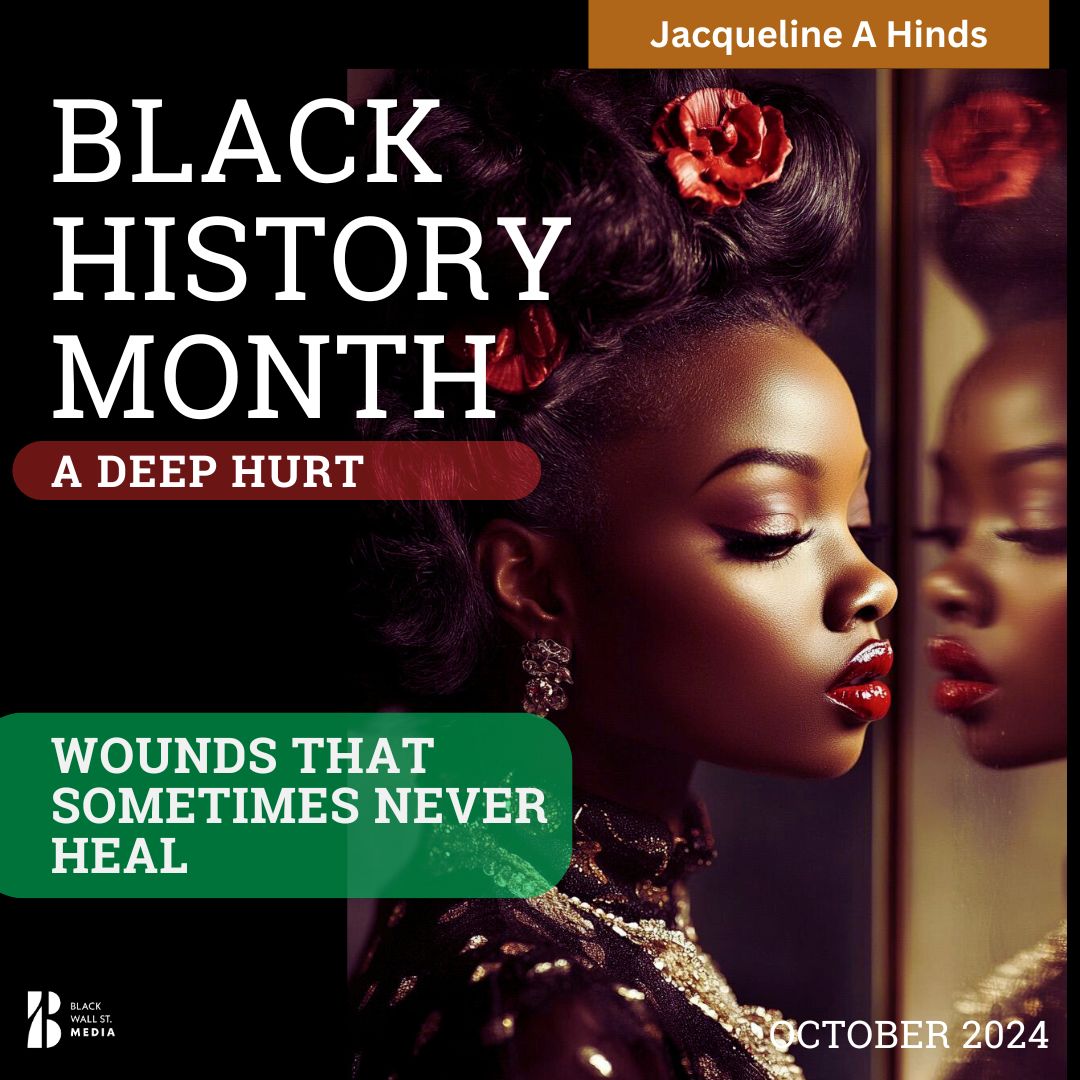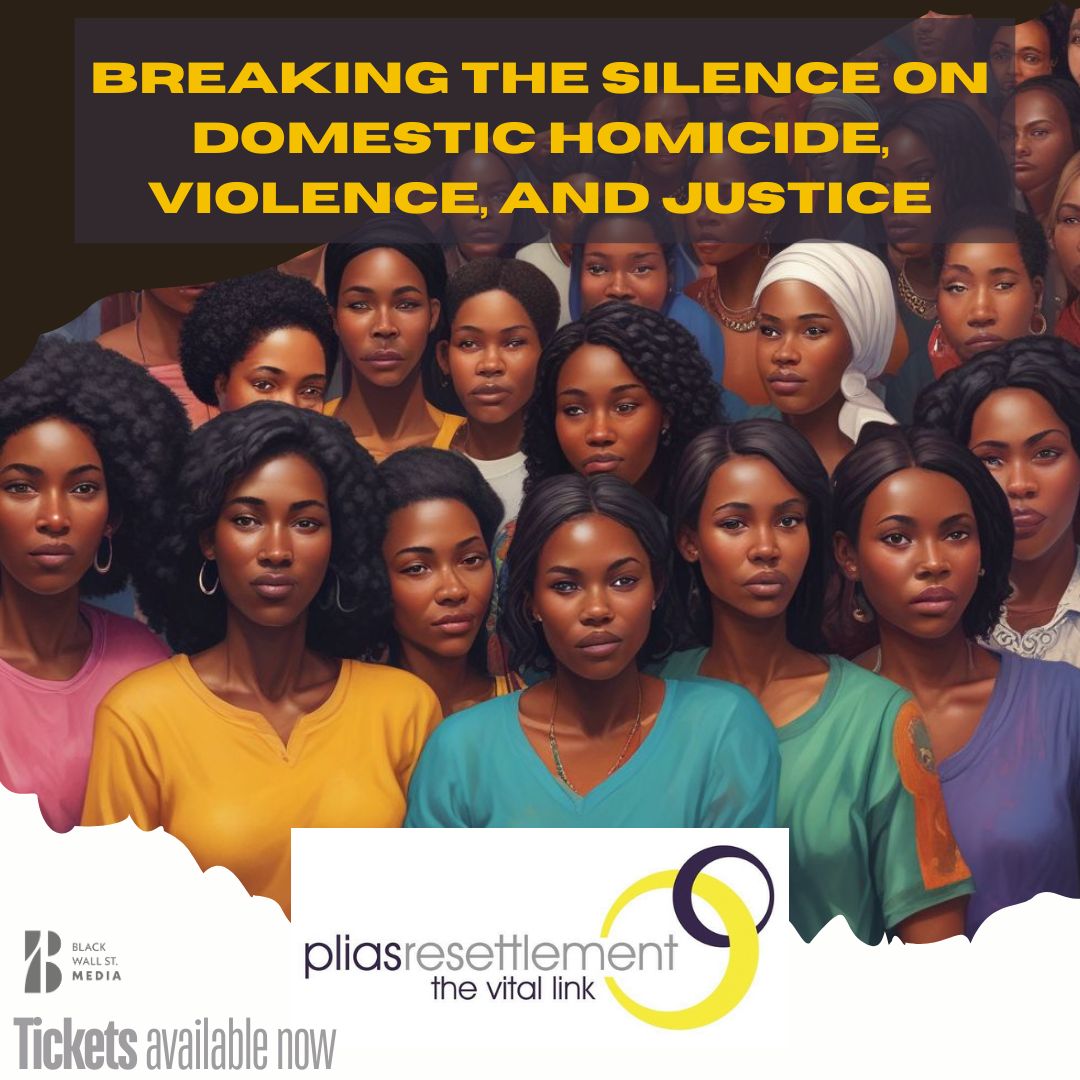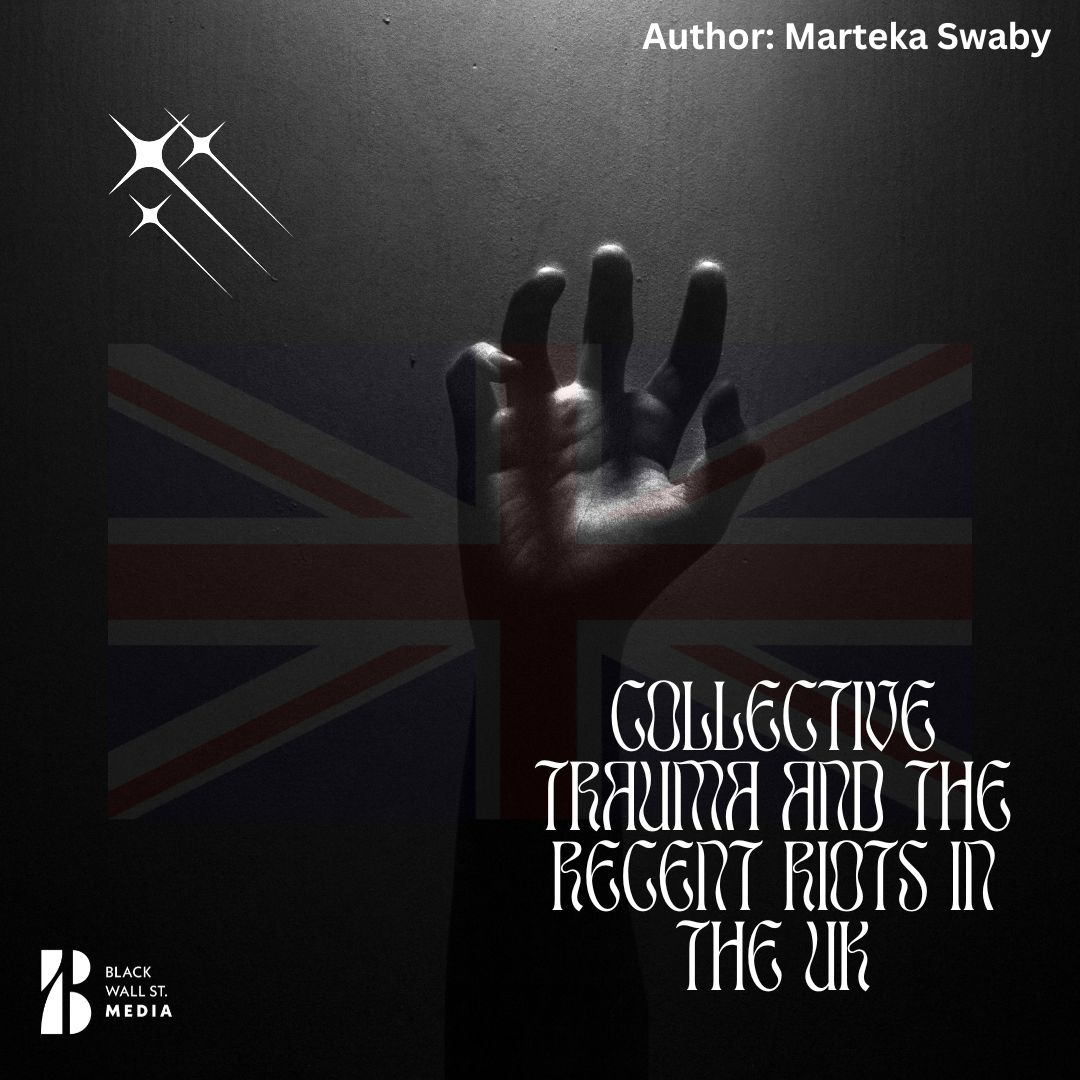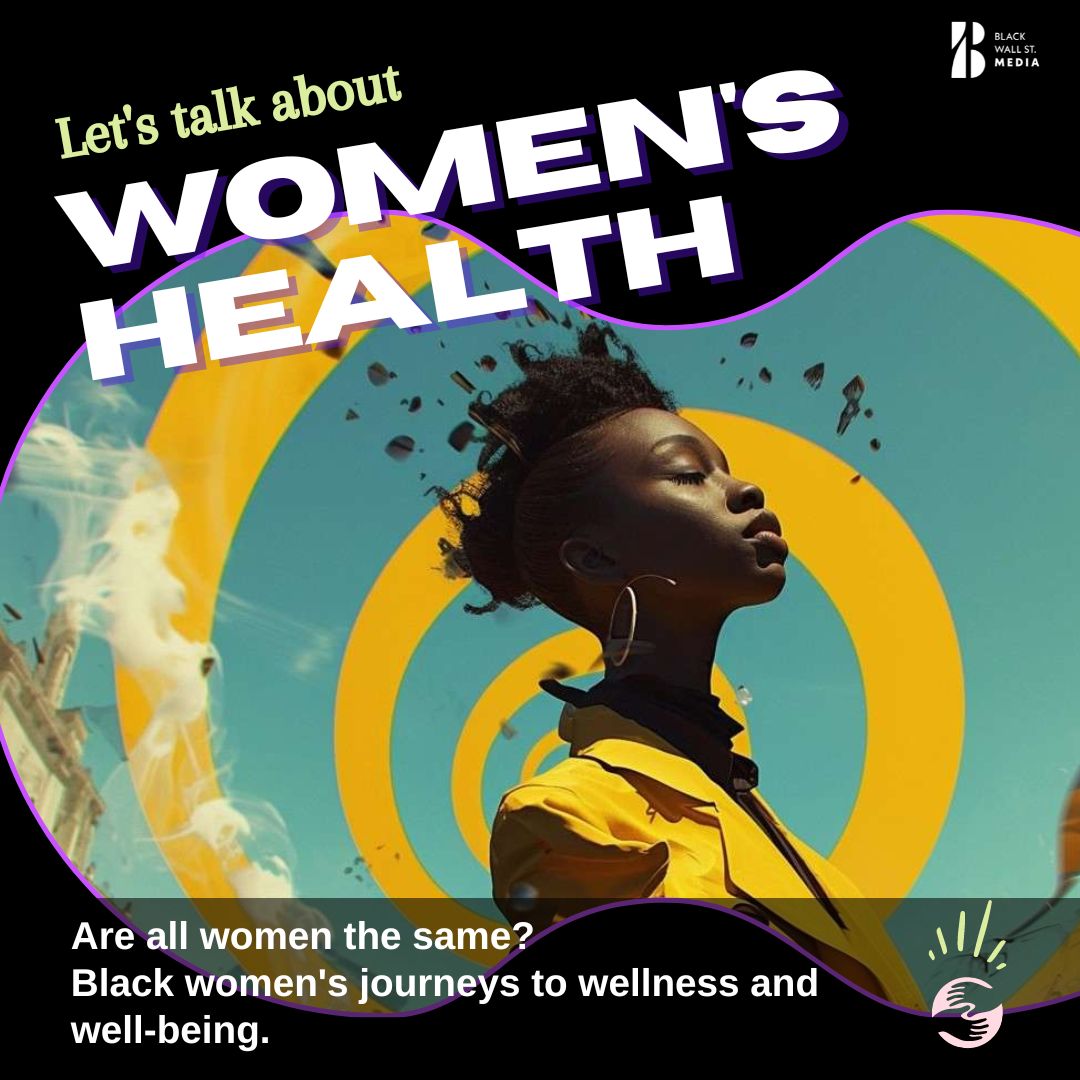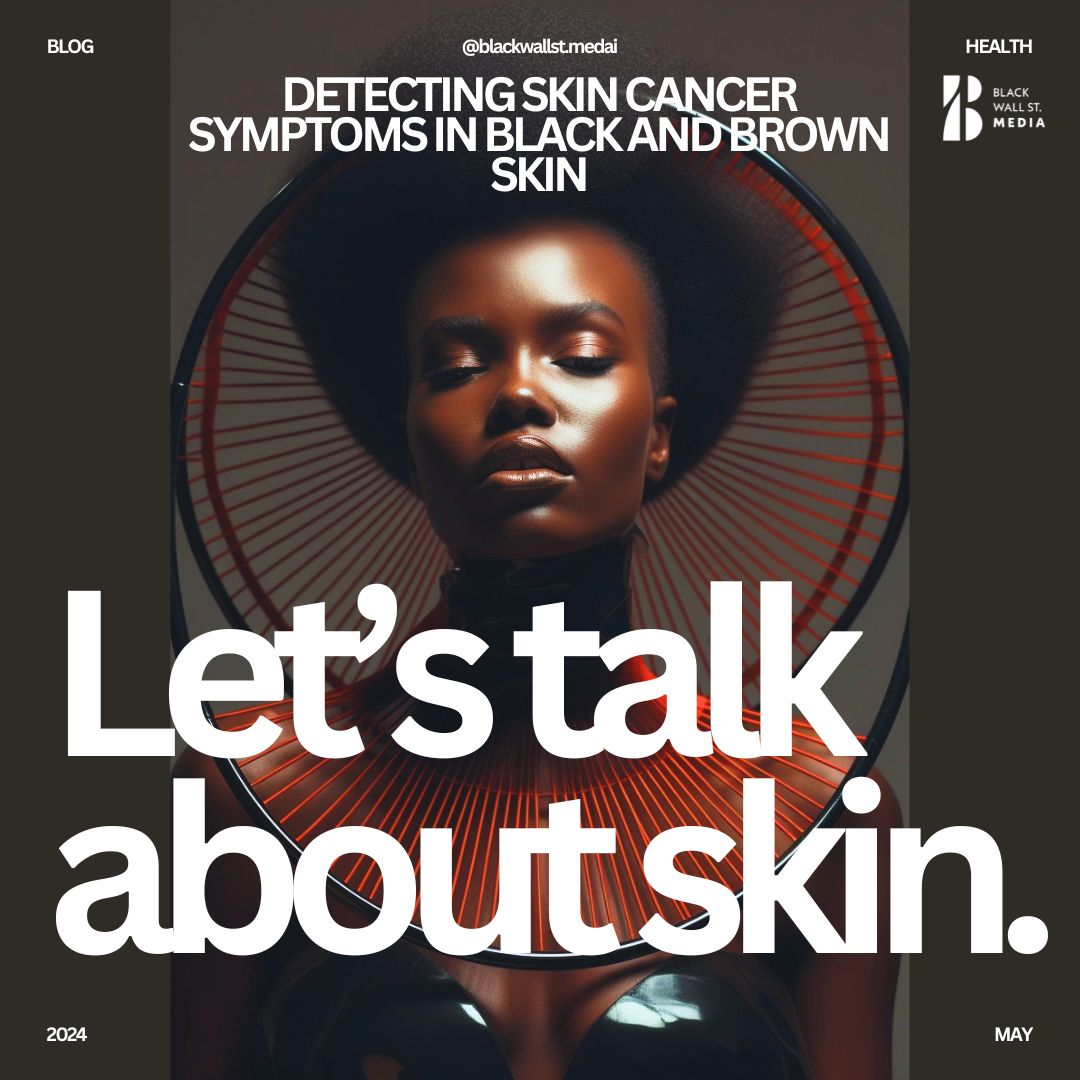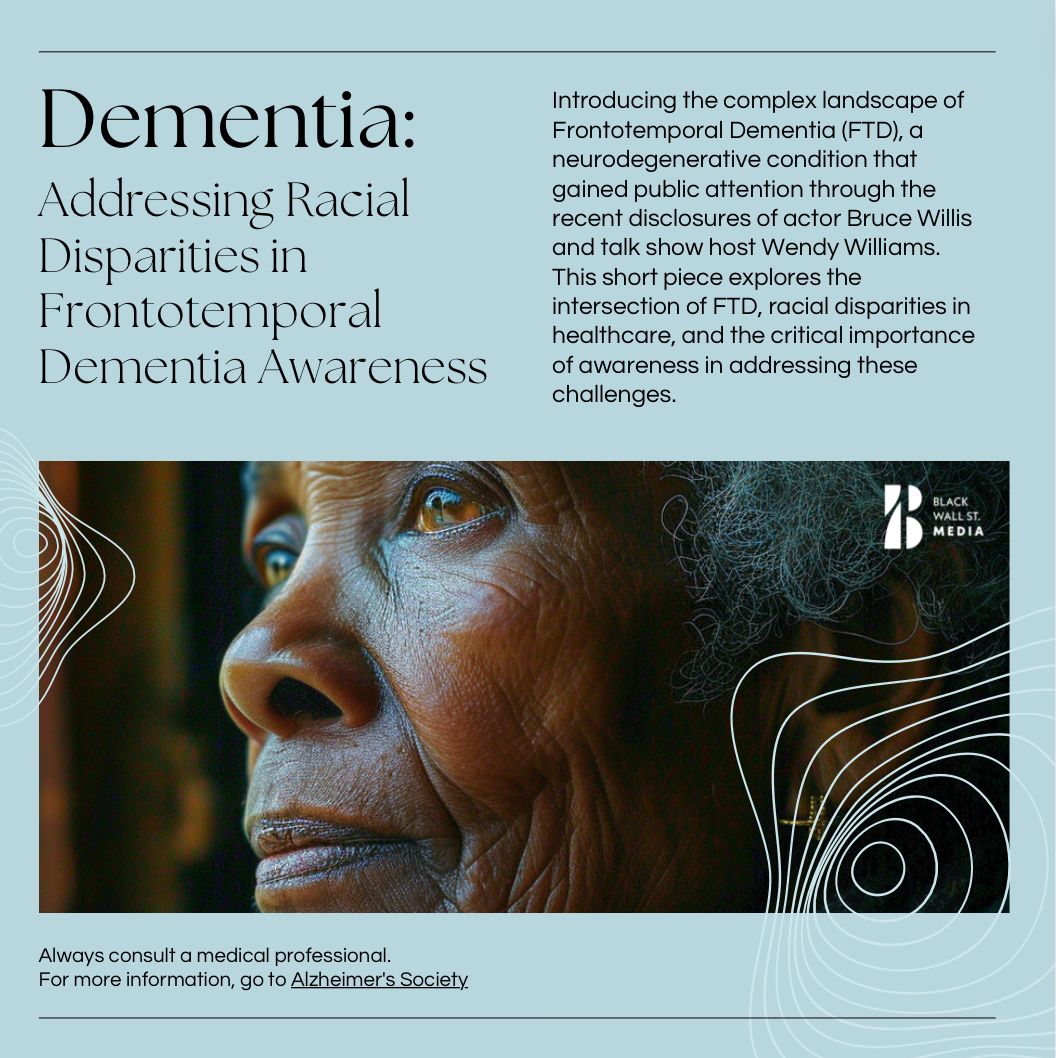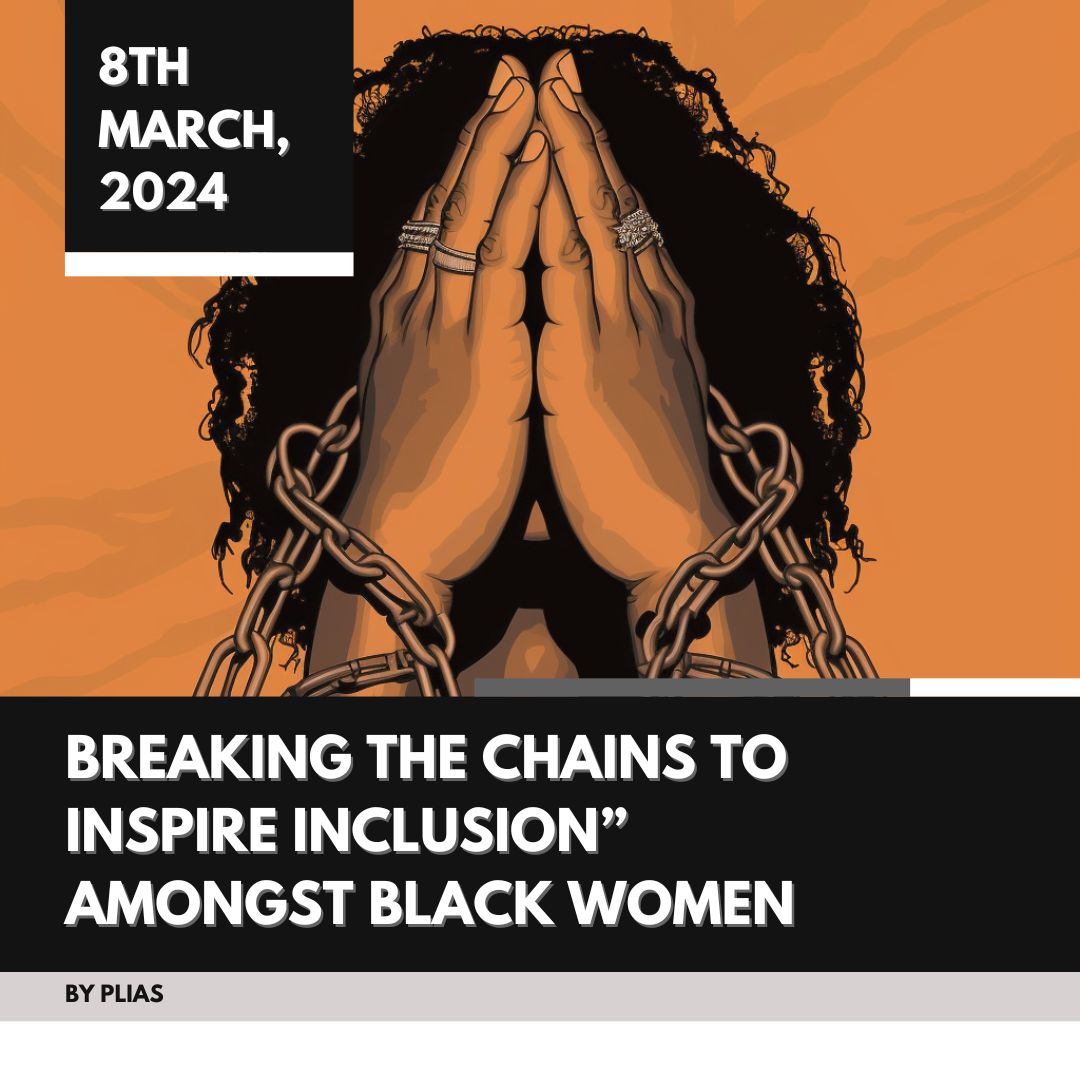OPINION
Where’s the #BeKind for Black and Brown women?
“Let's talk about the missing #BeKind movement for Black and Brown women. Join me in shedding light on the overlooked injustices and standing up for equality. Together, we can make a difference.”
By Camille ClaudineContributor
“In a world where you can be anything, be kind” – so read one of Caroline Flack’s final Instagram posts, which she shared not long before her suicide. Flack’s death prompted the rise of the #BeKind hashtag.
The tabloids deleted recent online articles that had shamed, bullied and berated her, and in their place, they called for kindness.
That global sympathy flooded in despite the facts of the case, which were, according to the police, that she had physically assaulted her boyfriend.
I don’t believe Caroline deserved to be targeted by the media in the way she was, which was merciless, and her pain and the measures she took to end it were beyond tragic.
I mention this because the last couple of weeks have had me wondering where the same #BeKind movement vanishes when a black or brown woman is fed to the wolves?
This thought occurred to me when Camille Batmanghelidjh died, aged just 61, only eight years after she was publicly and falsely vilified. I had the pleasure of meeting her, and as someone who has been an ambassador for young people for years, I was in awe of her devotion. Kids Company began in south London in 1996.
Batmanghelidjh, an Iran-born charity worker, had set out her vision for the charity as protecting and supporting vulnerable youngsters by showing them unconditional love and care. Unlike other services, Kids Company would never turn away a child in need.
It sounds beautiful, but it was resource-intensive, costly, and exhausting.
When social workers or NHS services refused to help or gave up on a difficult teenager, Kids Company would step in. It helped some of London’s most damaged young people who were damaged by abuse, neglect, violence, addiction and crime.
By 2016, Camille suffered a brutal fall from grace that would destroy her reputation overnight. Allegations of abuse and poor money handling blighted the charity, and a few years later, she admitted that its reputation never truly recovered.
Scotland Yard completed its investigation six months later, in January 2016. It found no evidence of physical or sexual abuse, criminality or safeguarding failures.
It concluded that the 32 allegations were mostly hearsay and “vague in detail”. That year, Camille said she didn’t care what people thought of her, saying, ‘I don’t care what people think of me.
I have to be prepared to be hated with grace’. But why did she? Why do black and brown women have to prepare to be hated? The tabloids continued to publish salacious stories for years after.
Batmanghelidjh spent a lot of time alone in her flat in north-west London, where she spent her time trying to arrange support for children who had been left high and dry by the collapse of Kids Company.
The case was completely thrown out by 2021, but by that time, Batmanghelidjh was in poor health. Having spent the past six years, as one friend put it, “in a foxhole” and “dodging shells”.
On New Year’s Day, she passed away alone after wrapping hundreds of Christmas gifts for Brixton Soup Kitchen.
What a huge, huge loss. Batmanghelidjh achieved more than most even dream of on her mission to help the next generation, so it’s difficult to accept that her downfall was so easily accepted and her exoneration was ignored.
When reports of her death came out, it was shocking how many people admitted on social media that they had been unaware she had been exonerated by the high court nearly three years ago.
Mud sticks, as the saying goes.
Apparently more so if you’re a black or brown woman. Just days later, the Harvard Corporation announced that Harvard President Dr. Claudine Gay resigned, and the New York Times published her resignation letter. Gay was president of Harvard for only six months.
The ruthless campaign to bring her down for being anti-Semitic after the Harvard president had tried to take a “neutral” position on the Gaza genocide.
While she condemned the doxxing of pro-Palestinian students, she also explicitly opposed their statements against the genocide and still apologised for her “mistakes” in the congressional hearing.
When Dr. Claudine Gay resigned as president of Harvard University in the wake of a ramped-up campaign to slander her name and reputation, even her 1997 dissertation was dug up with accusations of plagiarism, and there was a huge sigh for many of grief and sadness. I was one of them.
As a black woman, I recognised what it represented. I understood that this was more complicated than a few paragraphs of poor citation (which was defended even by some of the people whom Dr. Gay had drawn from in her dissertation).
It was a blow for women like me who believe we can shatter the glass ceiling. It was a harsh reminder that sometimes we can’t.
Sometimes, when it comes to certain forces, they will do whatever it takes to humiliate and remove Black women in positions of power if they don’t want us there.
The cold truth is that in these scenarios where judgment calls are made, Black women do not get the same benefit of the doubt, and neither do ethnically diverse or ‘foreign’ women.
We have to work twice as hard, and we’re judged twice as much. It’s a sad but true reality.
”The truth? We don’t get #BeKind hashtags.
By Camille ClaudineContributor

